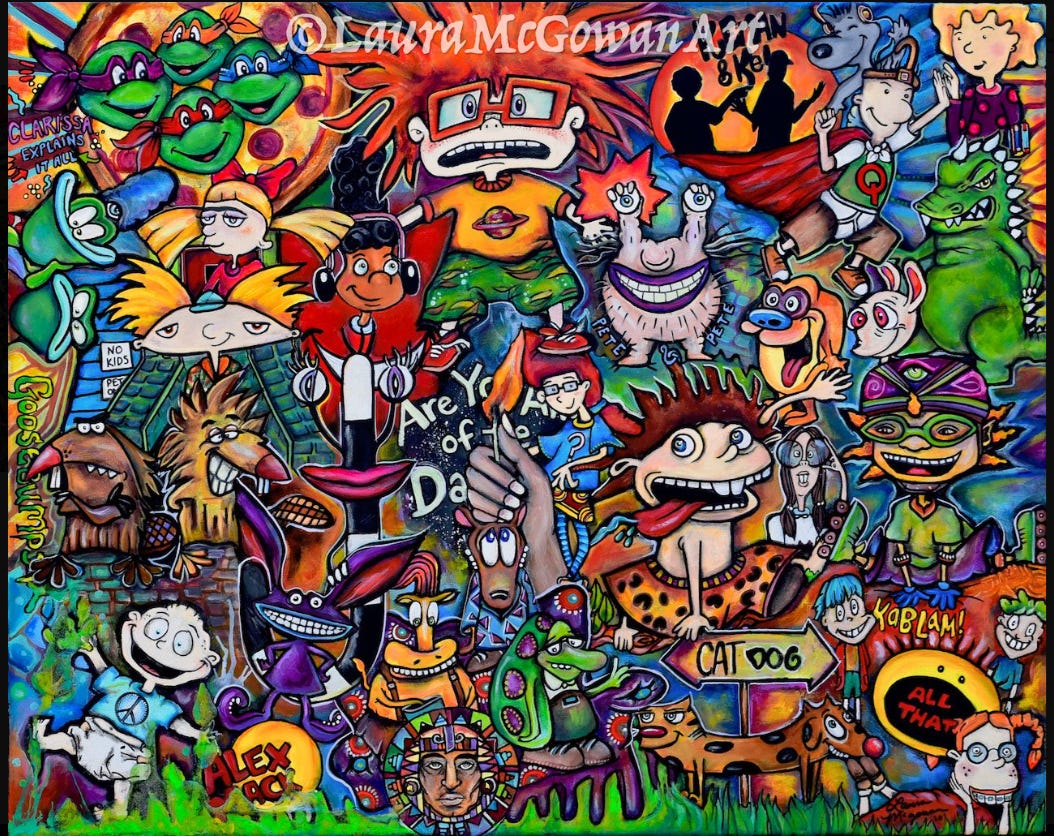more re: slippery
Eastern ascetics and acid-trippers tell us that our individual existence is merely illusion, that we are not and never were separate beings, that all life is one great consciousness. For me and for many people I know, this is preposterous. Being an individual human is such a foundational condition of our perception and our relation to the world that to deny it would be to deny everything about our experience, to gaslight ourselves, to enter a world where nothing whatever can be trusted. When Descartes said cogito ergo sum [I think, therefore I am], his meaning was that his own mental process was a primary fact of his perception, and if he knew anything, he knew that he existed as an individual. Descartes’s primal statement has seemed so reasonable, at least to those of us from a culture rooted in the European enlightenment, that it has become a foundation of our Western ontology.
On the other side, there is the radical empiricism of William James. Follow the evidence. The thoughts in our heads are widely shared through some non-physical medium that bypasses the five senses. This is the collective unconscious as described by Jung, and validated by 150 years of experiments in telepathy. This is the scientific process at its best, though, to its shame, the mainstream scientific community has resisted on ideological grounds the overwhelming evidence for telepathic phenomena. If we follow the science even as it casts into doubt our foundational sense of self, surely we arrive at the wisdom of emptiness, in the words of Socrates, "ἓν οἶδα ὅτι οὐδὲν οἶδα" [I know that I know nothing].
There are conflicting accounts of the fate of our souls after death. Many venerable religious traditions describe the doctrine of reincarnation, that our souls have a reality apart from the body, and our consciousness continues to mature across many lifetimes. In contrast are idealist philosophers (Schopenhauer to Kastrup) who hold that individual consciousness is a trick of memory. Like the patient who suffers from dissociative disorder (a.k.a. multiple personalities) we are fooled by memories that are temporarily restricted to the events of a single human lifetime; but after death this illusion no longer holds sway, and we experience the fullness of the universal consciousness of life. We are, all of us, each of us, God playing a game of separateness, a game of limitation. The individual soul, then, is an illusion that lasts only as long as the individual body.
The answer that I most would like to know
Is: What becomes of individual me?
I’ve forgotten how it is I came to be
And so I cannot guess where “I” will go.
Two possibilities I entertain:
My “self” may persevere and incarnate
On earth once more; or else my separate
Self reverts as nerve in cosmic brain.
You ask, which is my hope? I must confess
That I’m invested in my personhood.
I fear the loss of personality,
Experience, memory, skills I’ve learned, and, yes,
I want to keep this brain — more than I should;
My clearer self is patient — wait and see.



I may be a character in a dream in the Universal Mind, if I might use that analogy.
The key to understanding "The Soul" after death lies in knowing "The Soul" more comfortably in life, no?
;-)
i think good/bad old descartes forgot to finish the statement...'i think therefore i am', what i think i am. he also seemed to believe that animals were 'machines' without any soul or feeling. just look in a dogs eyes and see how OFF that egomaniac was.